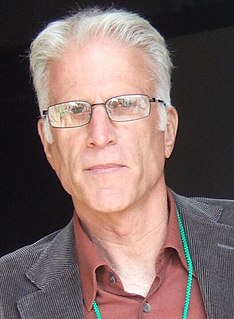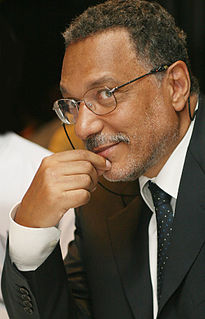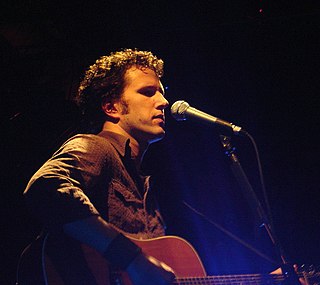A Quote by Sylvia Earle
I'm not against extracting a modest amount of wildlife out of the ocean for human consumption, but I am really concerned about the large-scale industrial fishing that engages in destructive practices like trawling and longlining.
Related Quotes
The industrial way we fish for seafood is harming the marine habitats that all ocean life depends upon. Indiscriminate commercial fishing practices that include miles of driftnets, long lines with thousands of lethal hooks and bottom trawls are ruining ocean ecosystems by killing non-seafood species, including sea turtles and marine mammals.
There is no need for an end to fish, or to fishing for that matter. But there is an urgent need for governments to free themselves from the fishing-industrial complex and its Ponzi scheme, to stop subsidizing the fishing-industrial complex and awarding it fishing rights, when it should in fact pay for the privilege to fish.
We now have poured in an enormous amount of resources into cancer. The National Cancer Institute Project, you know, runs about $5 billion a year. That's a large amount of money, but let's not be grandiose about the amount of money we're actually spending on a problem that is attacking us at the most fundamental level of the human species.



































